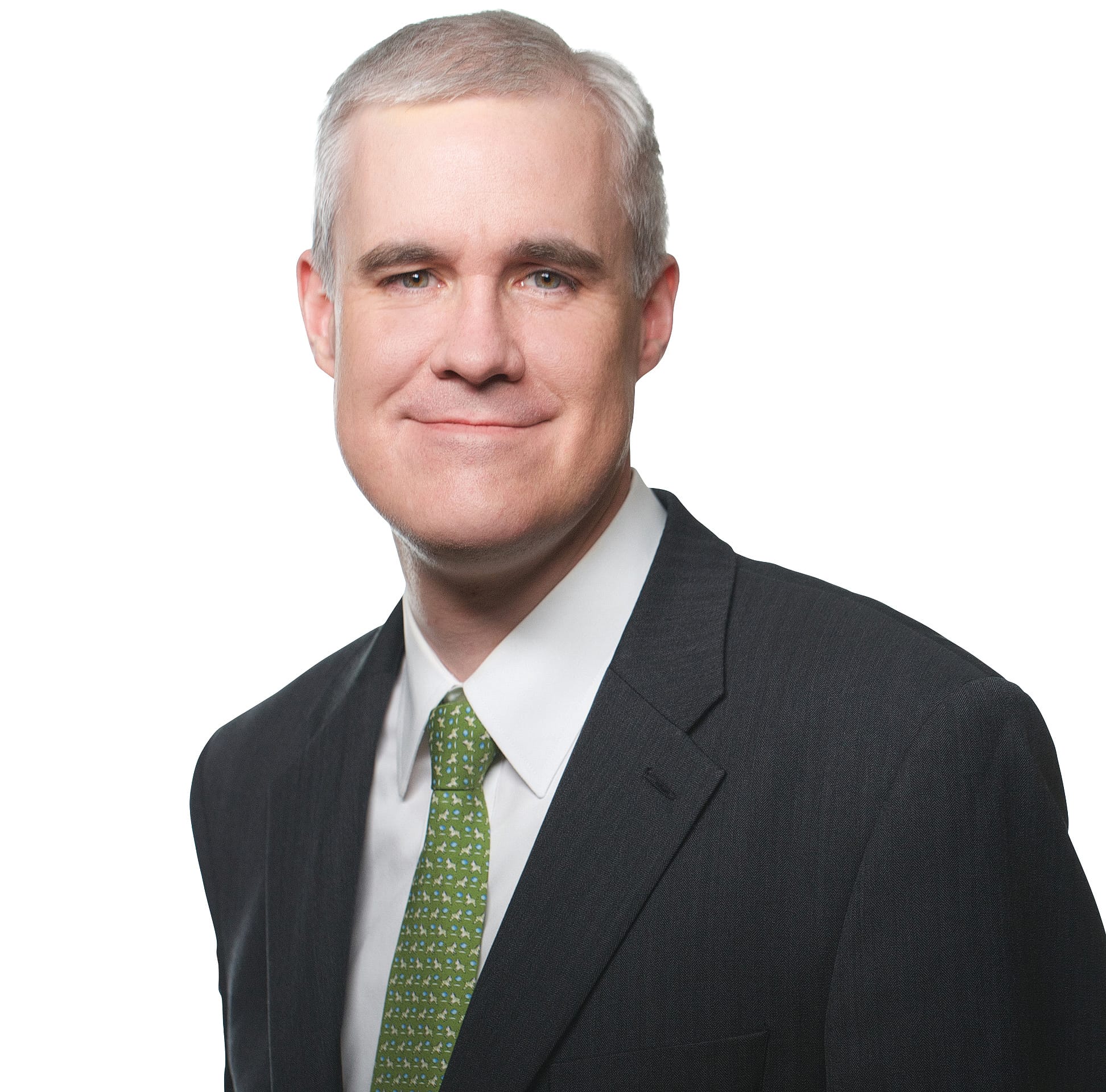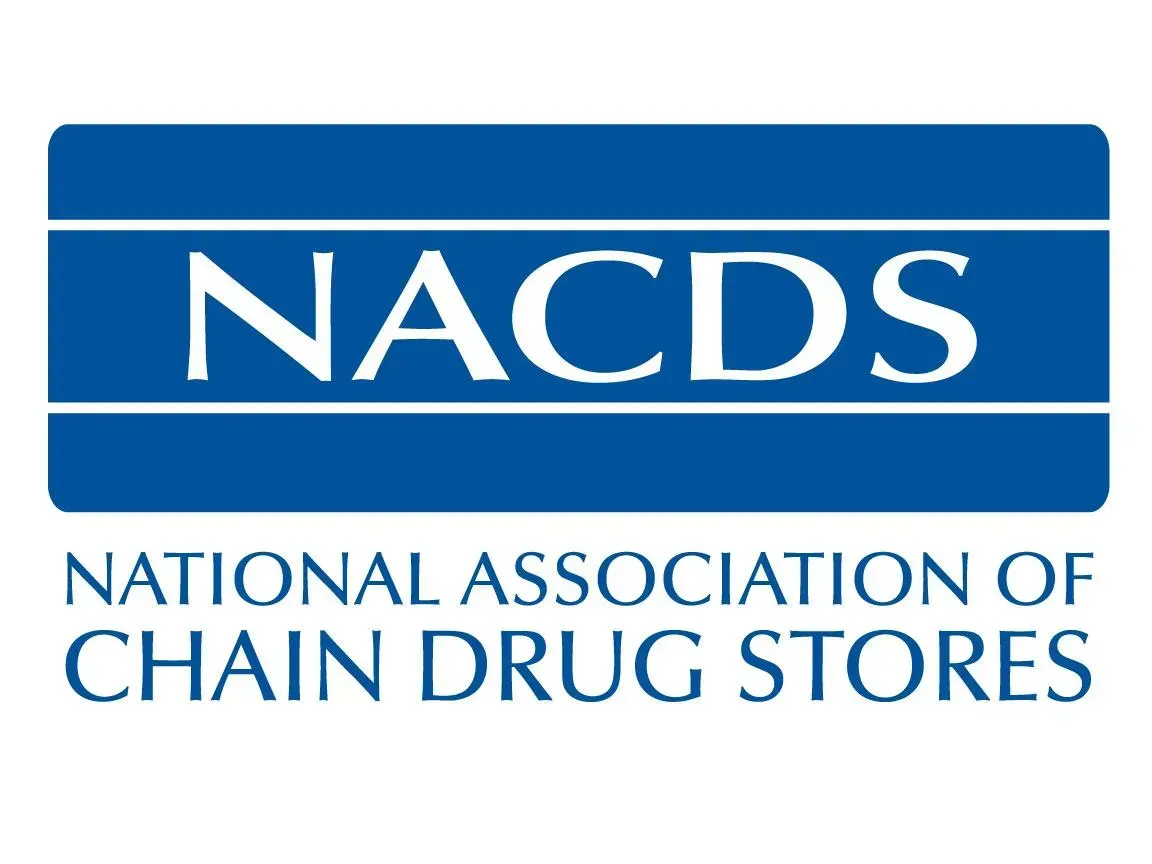In the current regulatory environment, it is imperative that a pharmacy maintain a robust regulatory compliance program in order to avoid the potentially significant legal and regulatory pitfalls. Because state boards of pharmacy act as a pharmacy’s primary regulator, the state pharmacy laws and pharmacy board rules are the regulatory requirements that pharmacy staff and management are most familiar with. However, an effective regulatory compliance program must consider all of the other federal and state laws that impact a pharmacy’s operations. This article will highlight just a few of the issues beyond the state pharmacy board requirements that a pharmacy compliance program should address in order to be effective.
Billing, overpayments and the False Claims Act

Shannon Cox
A pharmacy that is enrolled in the Medicare and Medicaid programs is subject to strict billing rules addressing claims submission, recoupment and refund of overpayments. Due to the complexity of the billing rules, it is critical that legal and compliance staff take steps to ensure compliance to avoid the potentially significant penalties. Areas of concern for a pharmacy can include: Medicare and Medicaid coordination of benefits reimbursement requirements for drugs and pharmacy services; reimbursement of state Medicaid programs at the lesser of the pharmacy’s acquisition cost or the pharmacy’s usual and customary charge, which vary significantly by state; requirements that a pharmacy dispensing a prescription paid for by a government health care plan must ensure that it does not employ any excluded person and does not bill the government plan for a prescription written by an excluded provider; and the deadline for recipients of Medicare or Medicaid payments to report and return overpayments.
One of the risks associated with inaccurate requests for government health care program reimbursement is potential False Claims Act (FCA) liability. The federal FCA generally prohibits any person or entity from knowingly presenting, or causing to be presented, to government a false claim or false statement to cause payment of government funds. Importantly, the federal FCA does not require specific intent to defraud the government; deliberate ignorance or reckless disregard for the truth is sufficient. Additionally, many states have an analogous state false claims statute. The penalties for violating the FCA are onerous and include criminal and/or civil liability, with damages of up to three times the amount of the claim. The FCA also authorizes private plaintiffs, known as qui tam relators, to pursue claims on behalf of the government. Even if the government decides not to pursue a case, a qui tam relator — often a former employee “whistleblower” — may continue to litigate the issue. As a result, accurate billing of claims to government health care programs should be a top compliance priority.
Anti-Kickback Statute and Civil Monetary Penalties statute
The federal Anti-Kickback Statute (AKS) and Civil Monetary Penalty (CMP) statute can pose significant compliance risks for a pharmacy. The AKS prohibits knowingly offering or receiving any remuneration in return for a referral or purchase for which payment may be made in whole or in part under any federal health care program. The AKS applies even when the government health care program is a secondary payer. Arrangements that may implicate the AKS include not only consumer marketing programs, but a variety of payment practices and business arrangements. If any purpose of the arrangement is to encourage referrals of items for which government health care programs pay, or customer loyalty of federal program beneficiaries, the AKS may be implicated. There are a number of “safe harbors” that protect arrangements that would otherwise be prohibited by the AKS. Failure to meet all of the requirements of a particular safe harbor does not make the conduct per se illegal, but if an arrangement falls within a safe harbor, it is protected from liability under the AKS.

Stephen Cummings
The CMP statute prohibits offering or transferring to a Medicare or Medicaid beneficiary any remuneration that is likely to influence the beneficiary’s selection of a particular provider, practitioner, or supplier of Medicare or Medicaid payable items or services. There are various exceptions establishing that certain activities or programs do not constitute remuneration for CMP purposes. These include “inexpensive gifts” or services that do not exceed a retail value of $15 individually and $75 in the aggregate annually for a particular beneficiary. If a pharmacy relies upon a CMP exception, it is critical that all elements are satisfied. This may require, for example, having a process in place to track the value of gifts to ensure compliance with the per-beneficiary annual limit. One important consideration is that — even though both are aimed at unlawful inducements — liability under the AKS is distinct from liability under the CMP statute. Accordingly, pharmacies should separately review proposed programs for compliance issues under both the AKS and CMP statutes
Telephone Consumer Protection Act
The Telephone Consumer Protection Act (TCPA) was enacted in 1991 and presents compliance challenges because the statutory framework has been outpaced by advances in technology. In particular, the TCPA imposes limitations on calls and texts to cellular telephone numbers, which is of significant concern given the now widespread use of cellular phones.
Under the TCPA, it is unlawful to use an automated dialing system to call a cellular telephone number unless it is an emergency situation or the recipient has given their prior express consent. If a call includes an advertisement or constitutes telemarketing, a more stringent consent requirement applies, and the caller must have prior express written consent. There is, however, a “health care exception” to the express written consent requirement. If a call to a cellular number delivers a health care message on behalf of a covered entity or business associate within the scope of HIPPA, then prior express consent is still required, but such consent need not be in writing. Although the health care exception applies regardless of whether there is a marketing purpose to the calls, the 2nd U.S. Circuit Court of Appeals recently noted that “[t]here may well be messages that, though purportedly delivering a health care message, are so laden with marketing material as to raise a factual issue as to whether they fall outside the health care exemption.” Zani v. Rite Aid Hdqtrs. Corp., 17-1230-cv (2d Cir. Feb. 21, 2018). Pharmacies intending to rely on the health care exception should carefully consider the content of their calls as well as related TCPA issues such as consumer opt-out requirements.
Stephen Cummings and Shannon Cox are counsel at King & Spalding. They can be contacted, respectively, at scummings@kslaw.com and scox@kslaw.com.









